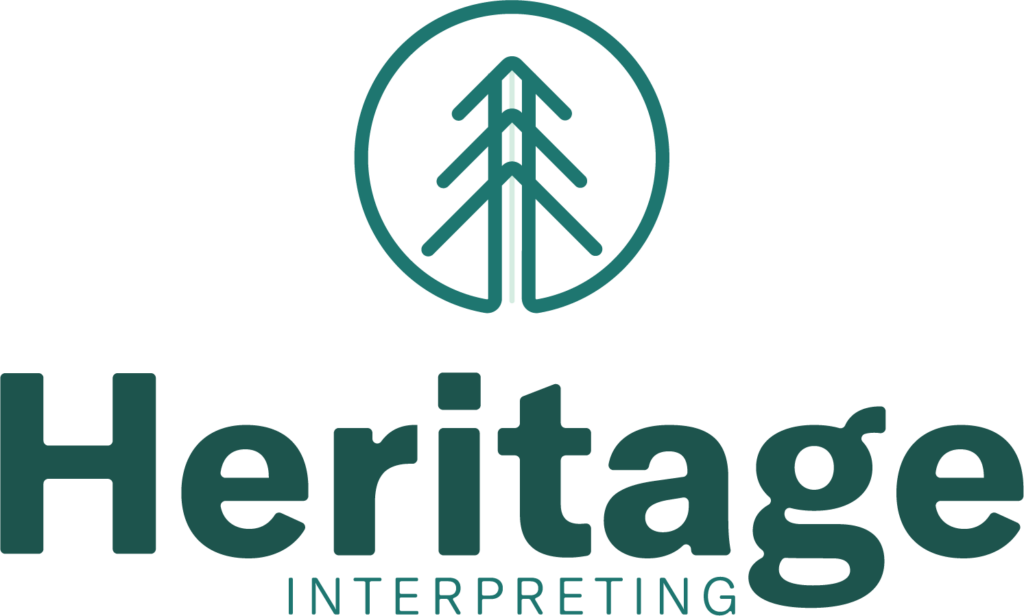In sign language interpreting, a two-hour minimum billing requirement is standard practice. At Heritage Interpreting, our mission is to prioritize people, build authentic relationships, and exceed expectations. With that in mind, we want to provide a clear explanation of this industry practice and offer some guidance on how to make the most of this policy. By understanding the rationale behind the two-hour minimum, we believe you’ll be better equipped to make informed decisions when hiring sign language interpreters.
Why does the two-hour minimum exist?
Sign language interpreters typically work on various daily assignments, often in different locations. Travel time, parking, finding the appropriate contact person, and other logistical considerations must be factored into their schedules. These variables make it challenging for interpreters to work efficiently without some padding in their schedules.
The two-hour minimum helps interpreters avoid unsustainable working conditions. They could spend hours traveling and preparing for assignments, only to receive payment for a fraction of that time. The two-hour minimum helps ensure that interpreters are fairly compensated for their time, expertise, and the logistical challenges of their profession.
How to maximize the benefits of the two-hour minimum:
Although the two-hour minimum is a necessary industry standard, there are ways to optimize its value for your organization. For instance, if you require an interpreter for a 30-minute weekly staff meeting, consider scheduling the interpreter for a full hour instead, with time allocated for additional one-on-one conversations after the meeting. This approach allows your staff to make the most of the interpreting services. This fosters better communication within your organization at no additional cost.
Extending the request’s length may impact interpreter availability, as their schedules must accommodate other assignments. Heritage Interpreting’s custom scheduling approach accounts for interpreters’ previous commitments to ensure seamless service delivery.
At Heritage Interpreting, we understand the importance of transparent communication, especially regarding industry practices such as the two-hour minimum. By shedding light on this topic, we hope to empower our clients to make informed decisions and optimize their investment in interpreting services.
As a company driven by our mission and vision, we continuously strive to improve our services and deepen our understanding of our stakeholders’ unique needs. By maintaining a mindful, people-centric approach, we aim to be a respected industry leader and set the gold standard in interpreting services, fostering a positive impact on the communities we serve.


